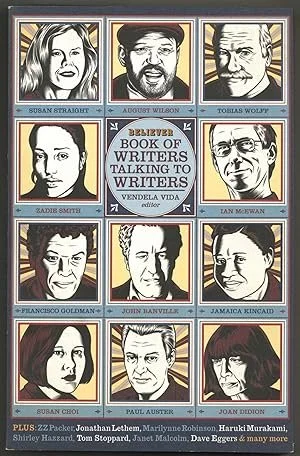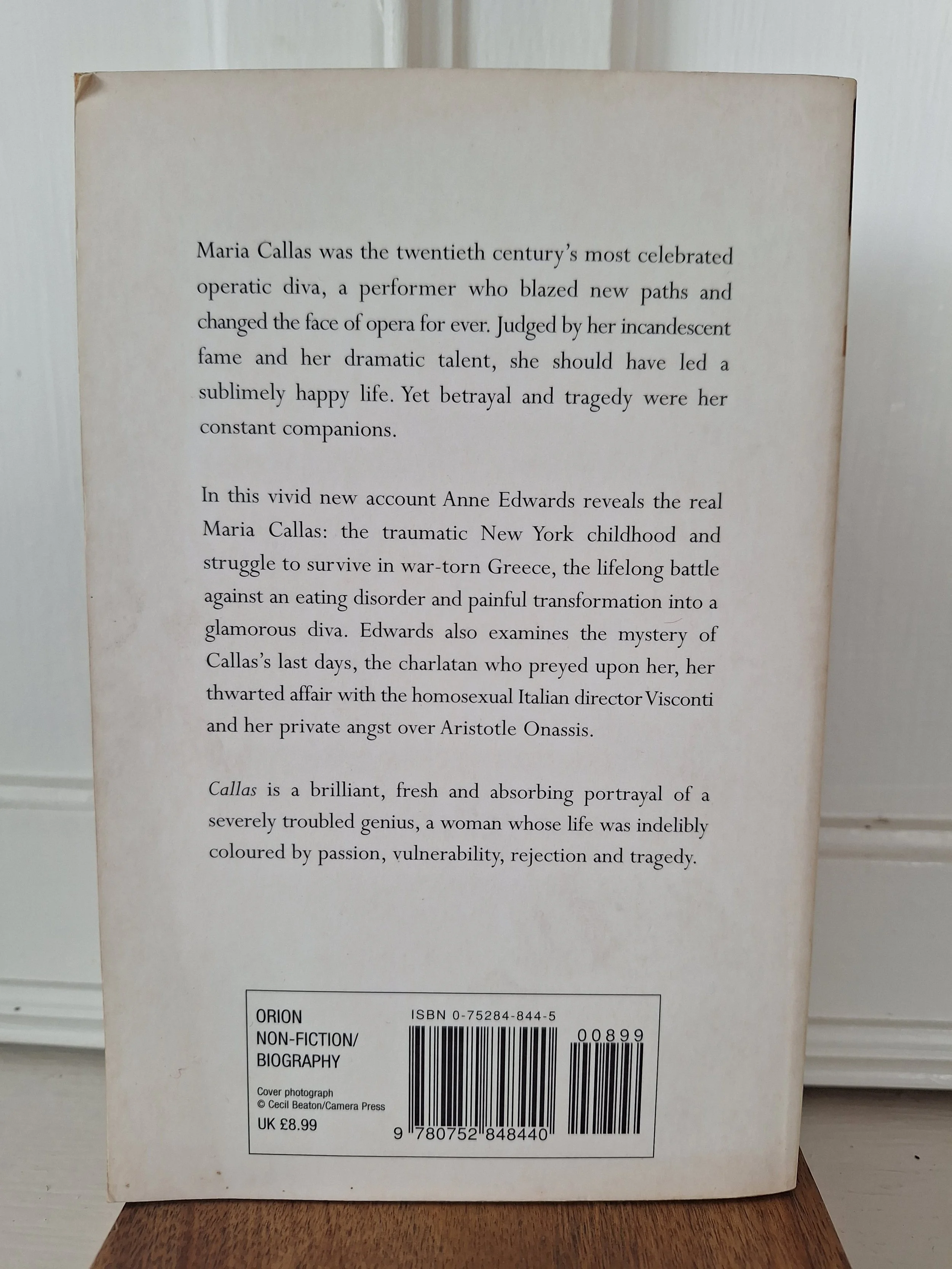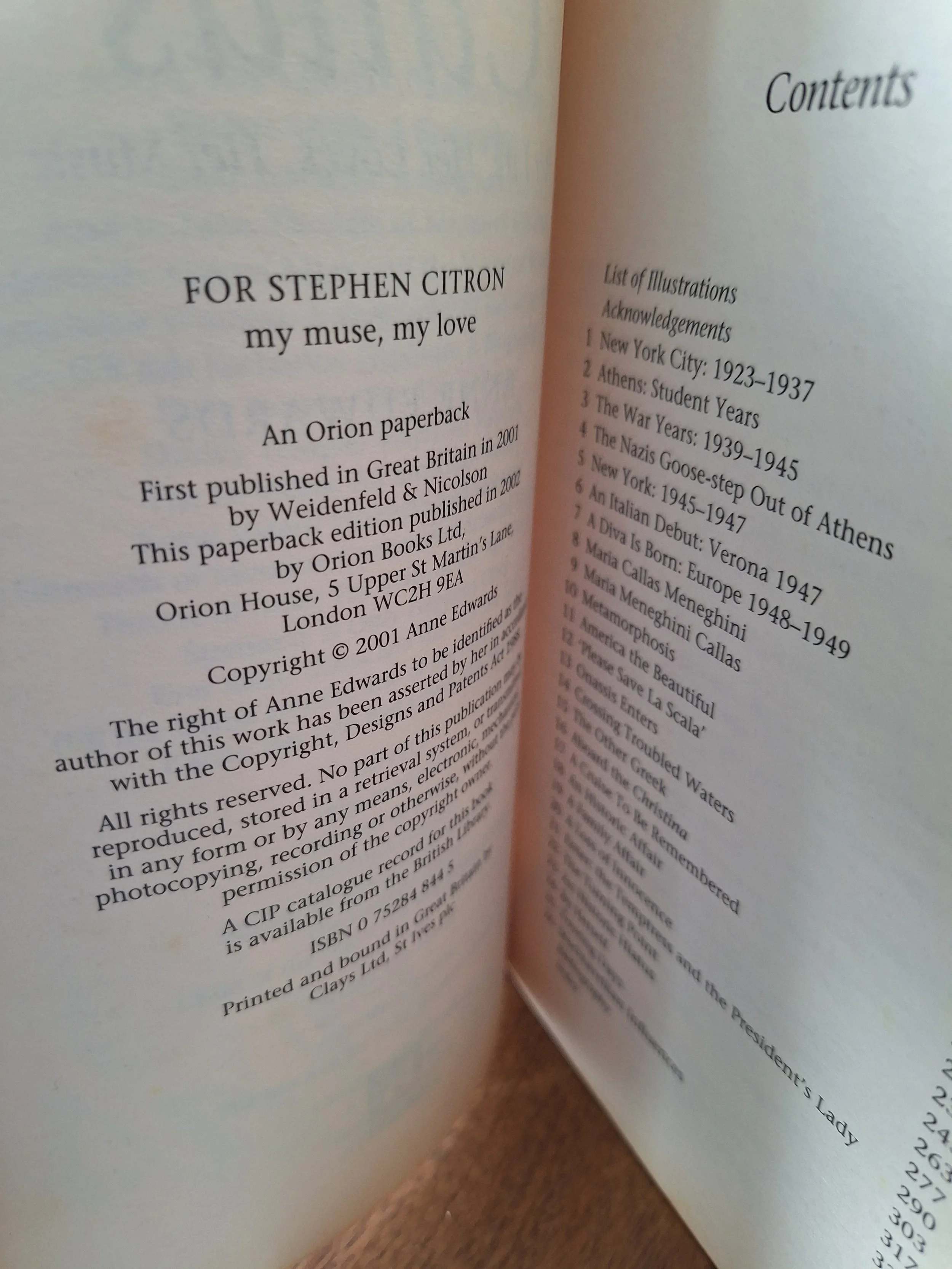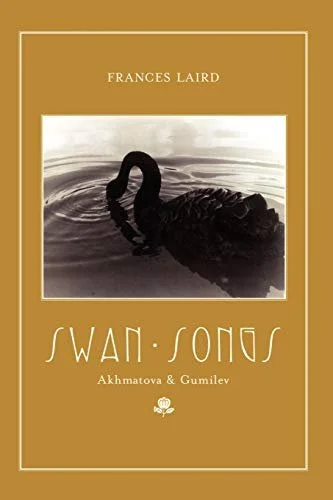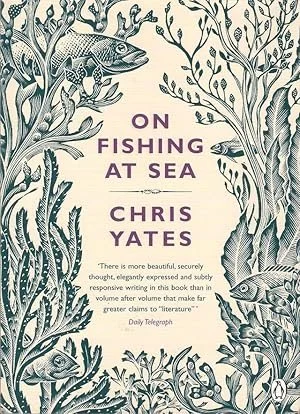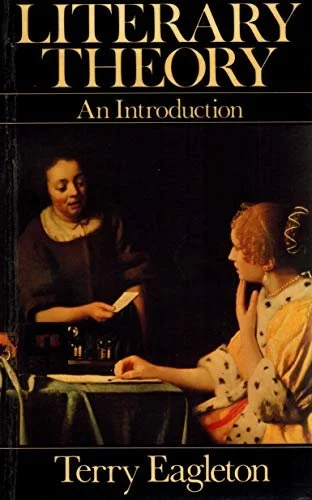 Image 1 of 4
Image 1 of 4

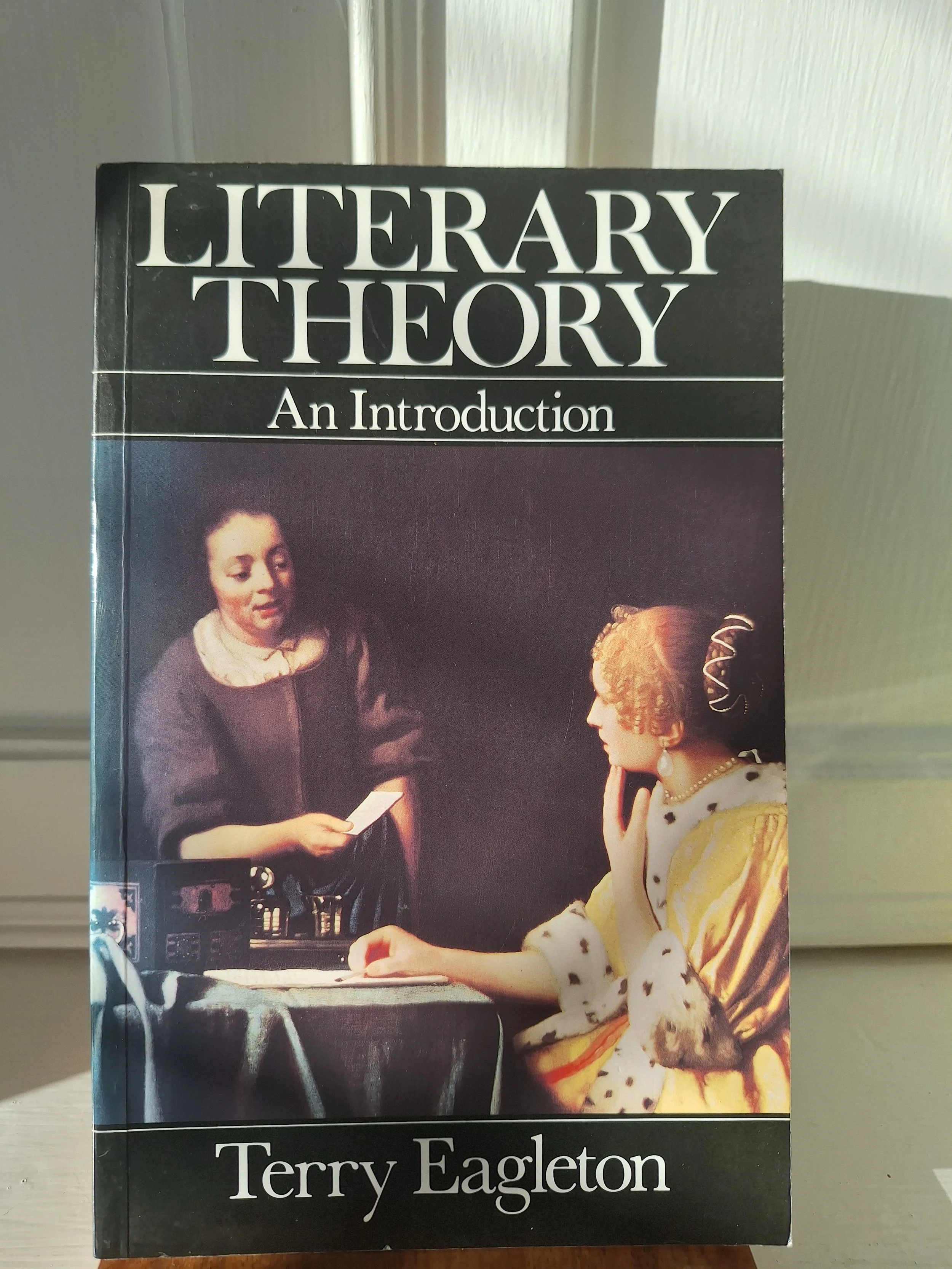 Image 2 of 4
Image 2 of 4

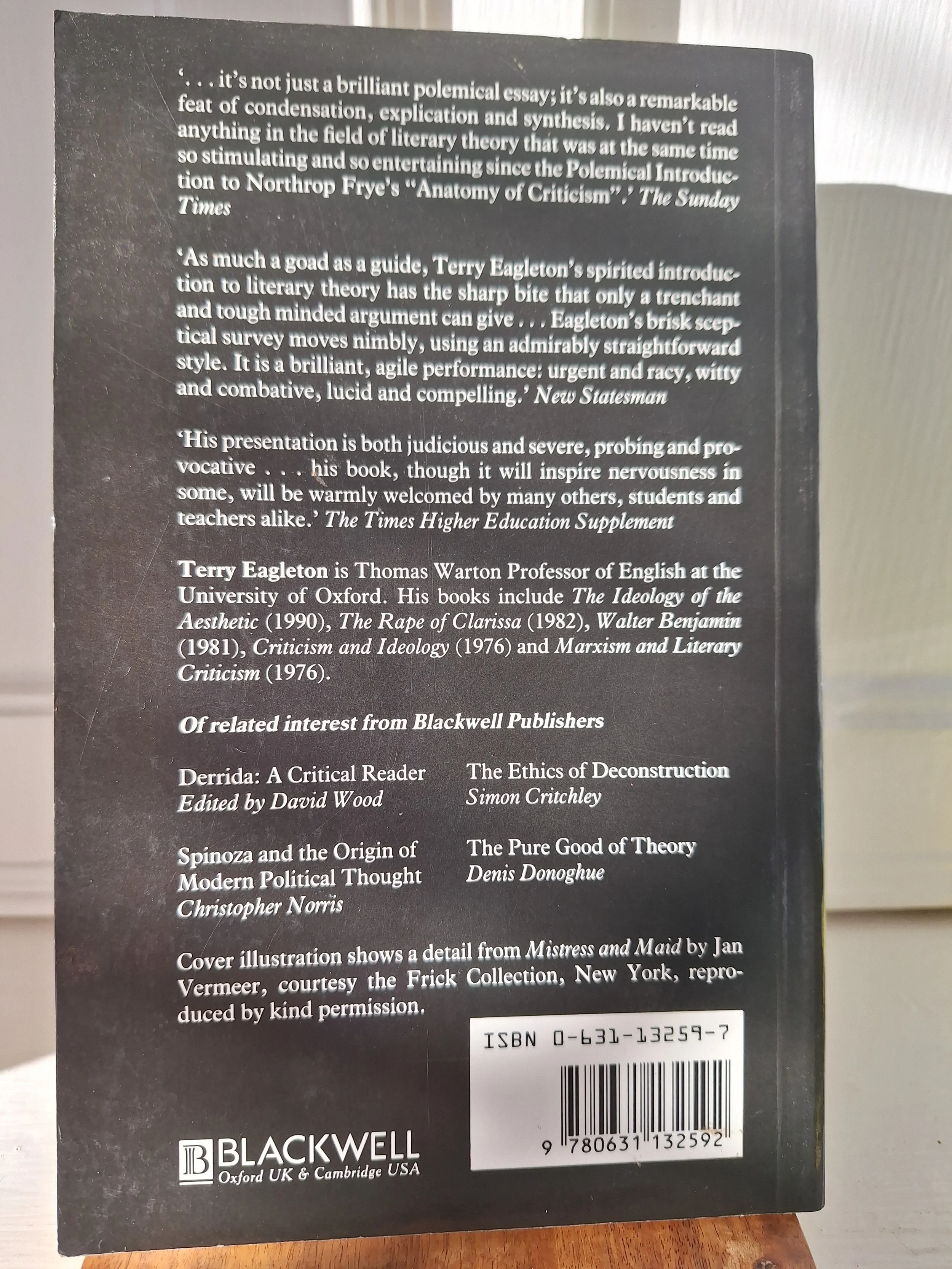 Image 3 of 4
Image 3 of 4

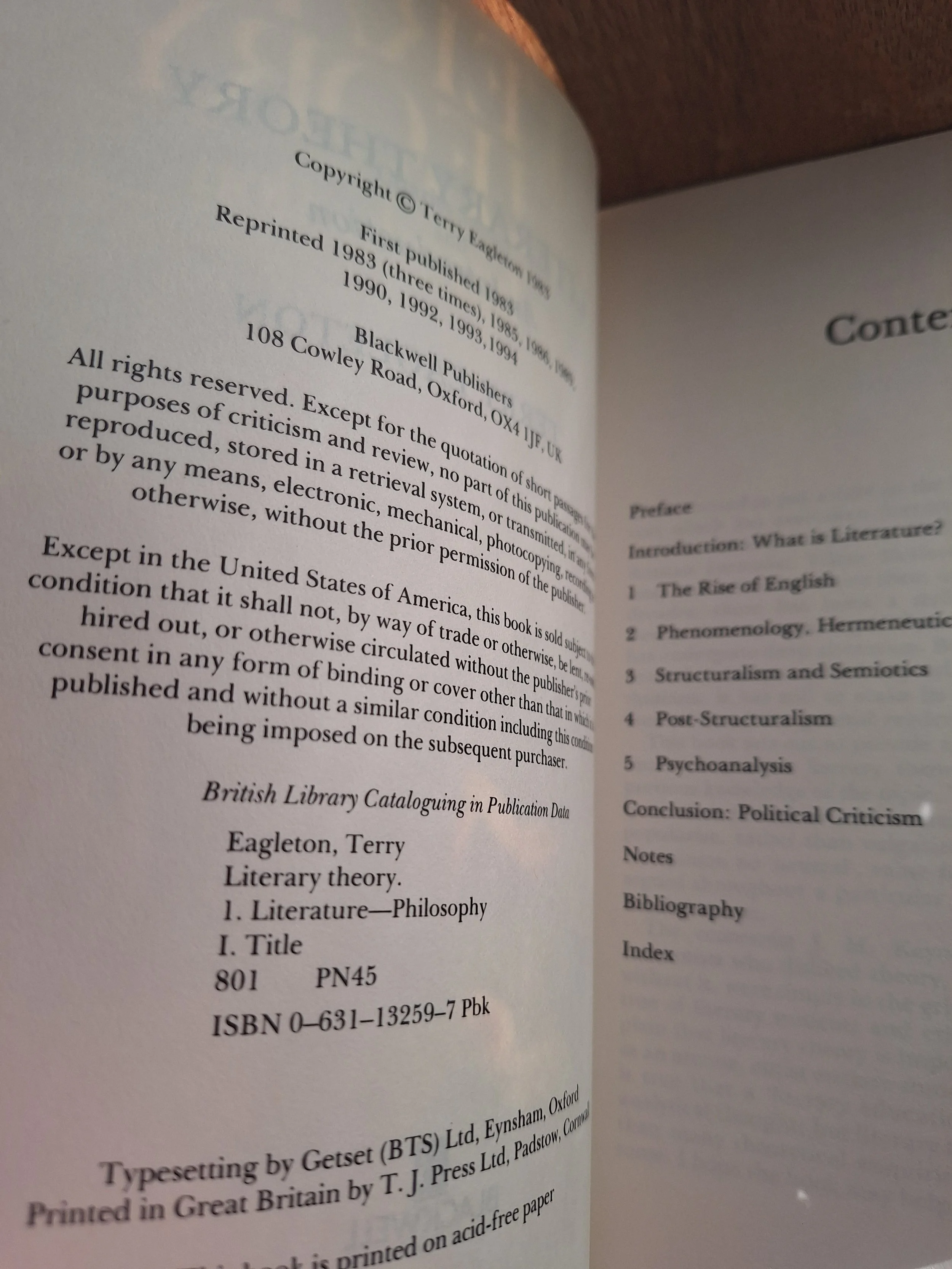 Image 4 of 4
Image 4 of 4





Literary Theory. An Introduction
Literary Theory, as introduced by Terry Eagleton, offers a critical framework for interpreting texts beyond their surface meaning, probing the cultural, political, and ideological forces that shape literature. It challenges readers to consider how power dynamics, social contexts, and historical conditions influence the creation and reception of literary works. By engaging with diverse schools of thought—such as structuralism, Marxism, feminism, psychoanalysis, and post-colonialism—literary theory unveils the complexities of meaning-making, revealing how texts function within broader systems of knowledge and belief. Eagleton’s accessible yet rigorous approach demystifies these theories, inviting both scholars and casual readers to deepen their understanding of literature as a living dialogue with society.
Literary Theory, as introduced by Terry Eagleton, offers a critical framework for interpreting texts beyond their surface meaning, probing the cultural, political, and ideological forces that shape literature. It challenges readers to consider how power dynamics, social contexts, and historical conditions influence the creation and reception of literary works. By engaging with diverse schools of thought—such as structuralism, Marxism, feminism, psychoanalysis, and post-colonialism—literary theory unveils the complexities of meaning-making, revealing how texts function within broader systems of knowledge and belief. Eagleton’s accessible yet rigorous approach demystifies these theories, inviting both scholars and casual readers to deepen their understanding of literature as a living dialogue with society.
Basil Blackwell, 1983, this copy is a 1994 reprint and is in very good condition, clean interior and exterior

